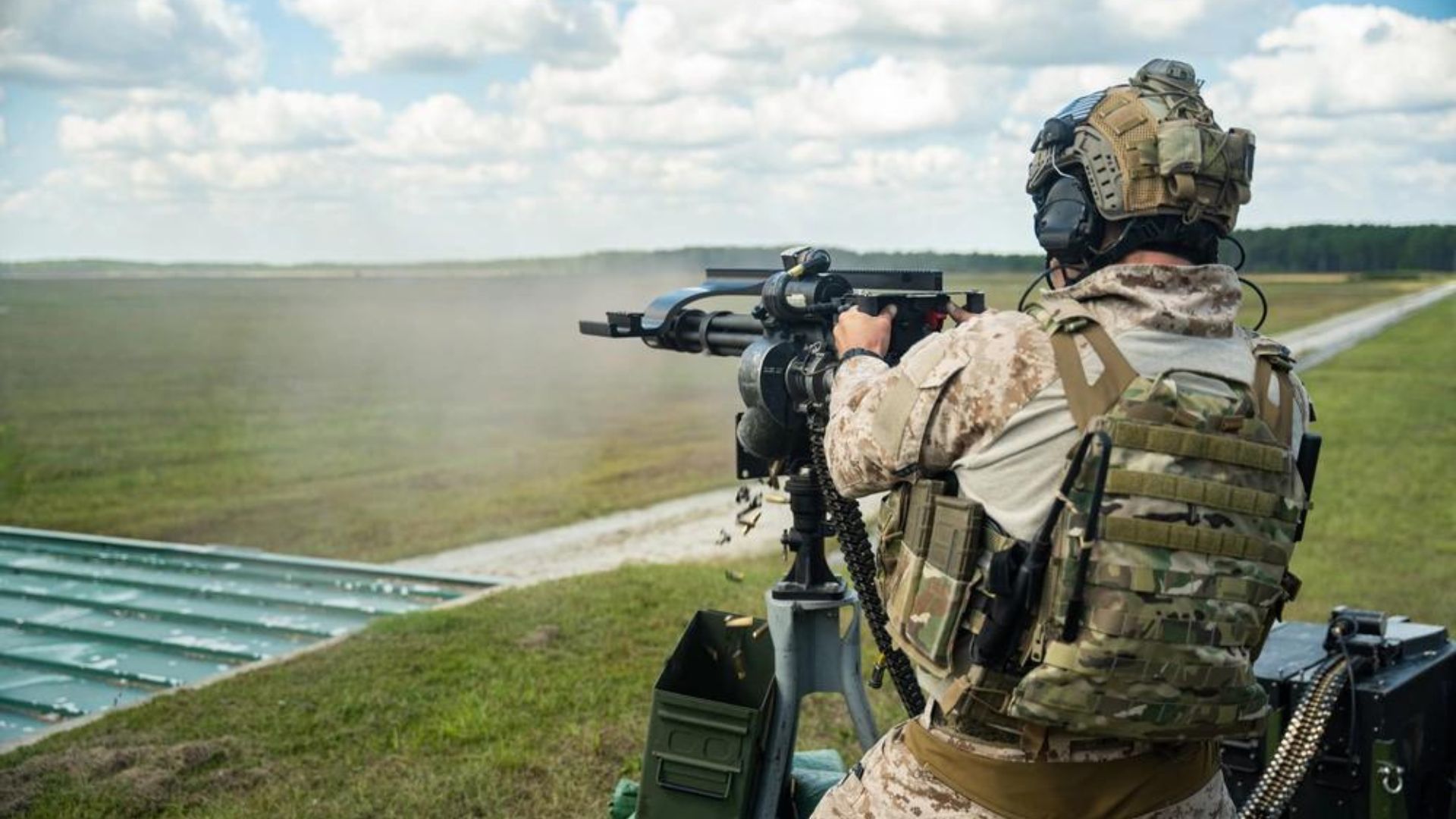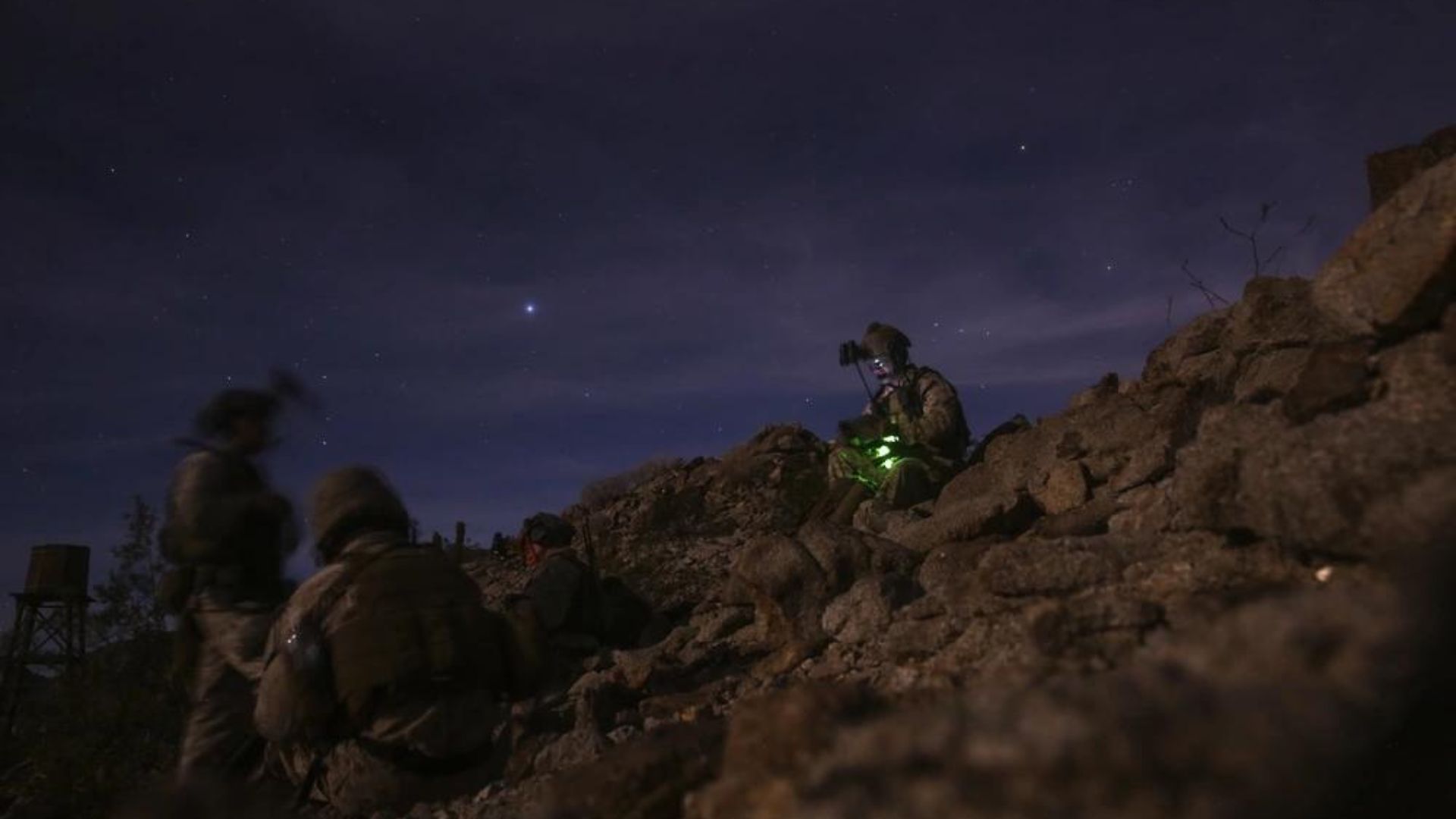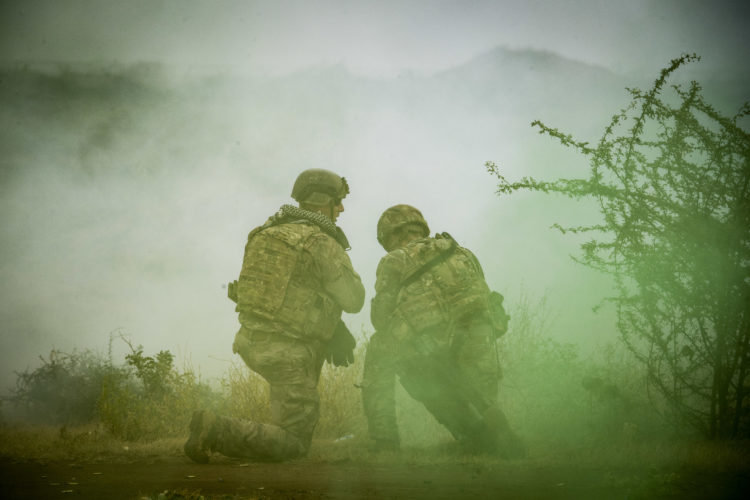Marine Special Operations Command (MARSOC), also known as the Marine Raiders, was officially formed on February 24, 2006. This was the culmination of years of effort to establish a dedicated special operations unit within the Marine Corps.
From Force Recon to MARSOC
When Special Operations Command (SOCOM) was created in 1986, the Marines had Force Recon as their elite unit. At that time, Marine leadership resisted joining SOCOM, fearing it would undermine Force Recon’s capabilities and independence. However, after the 9/11 attacks, attitudes shifted.
The need for a dedicated special operations unit became clear. In response, the Marines established MCSOCOM Detachment 1 (Det 1) in 2003. This unit, composed mainly of Marines from the 1st and 2nd Force Recon Companies, deployed to Iraq with Navy SEALs and other special operations units. After proving their effectiveness, MARSOC was officially formed in 2006, and Det 1 was disbanded.
Embracing the Raider Legacy
In August 2014, MARSOC adopted the Marine Raider title, honoring the elite World War II unit known for its small-unit, amphibious warfare.

The WWII Raiders were disbanded in 1944, but their legacy lives on in today’s Marine Raiders, who specialize in Direct Action, Special Reconnaissance, Counter-Terrorism, and Foreign Internal Defense. Since its inception, MARSOC has conducted over 300 deployments to 13 countries.
Joining MARSOC
To join MARSOC, one must first enlist in the conventional Marines. There are two routes: enlisted members become Critical Skills Operators (CSOs), while officers become Special Operations Officers (SOOs).
CSO Requirements:
- Obtain a Secret security clearance
- Minimum GT score of 105
- Score at least 235 on the PFT
- No more than two Non-Judicial Punishments
- Pass MARSOC’s swim assessment
- Eligible for reenlistment
- Meet medical screening requirements
- Less than 18 months as a sergeant upon entering ITC
SOO Requirements:
- Obtain a Secret security clearance
- Minimum GT/GCT score of 110
- Score at least 235 on the PFT
- Pass MARSOC’s swim assessment
- Meet medical screening requirements
- Less than 24 months as a captain upon entering ITC
Training Pipeline
Assessment & Selection (A&S): The MARSOC pipeline includes the A&S Phase and the Individual Training Course (ITC).
A&S Phase 1: Three weeks of rigorous training with multiple evaluations, including:
- PFT
- Abandon ship drill
- 300-meter swim
- 11-minute tread
- 12-mile ruck
- Physical in-test
A&S Phase 2: Another three weeks of intense physical and mental challenges, continuously evaluating candidates to determine their fit for the MARSOC community.
Individual Training Course: Selection for ITC does not guarantee success; it’s a rigorous nine-month program preparing candidates for deployment demands.
Training and Deployment
The Individual Training Course (ITC) is a rigorous nine-month program based at Camp Lejeune, NC. It prepares Critical Skills Operators (CSOs) and Special Operations Officers (SOOs) for the demands of the Raider battalions and deployments.

Training includes communications, weapons training, small unit tactics, amphibious operations, urban combat, close-quarters battle (CQB), irregular warfare, special reconnaissance, and combat casualty care. ITC culminates in a three-week final training exercise. After ITC, new Raiders join a Raider battalion and participate in a 10-12 month pre-deployment work-up. MARSOC deployments can last from 90 days to eight months.
Specialists and Support
MARSOC Marine Raiders includes Special Operations Capability Specialists (SOCSs) and Combat Service Support (CSS) personnel. SOCSs specialize in areas like intelligence, communications, and explosives, while CSS personnel handle logistics, administration, and motor transport. These roles are critical to supporting MARSOC’s dynamic operations.
Command Structure and Weapons
The Marine Raider Regiment is headquartered at Camp Lejeune, NC, with battalions also at Camp Pendleton, CA. Each battalion consists of four companies, and each company comprises four 14-man Marine Special Operations Teams (MSOTs). These teams include an HQ element and two tactical squads, each led by experienced CSOs and supported by Special Amphibious Reconnaissance Corpsmen (SARCs).
Marine Raiders are equipped with a variety of weapons, including the 9mm Glock 19, Mk 18 Mod 1 rifle, Mk 17 and Mk 16 SCAR rifles, and the Mk 48 Mod 1 machine gun. These weapons ensure that the Raiders are prepared for diverse combat scenarios.
Notable Missions and Valor
MARSOC Marine Raiders have participated in numerous high-risk missions. In 2012, Gunnery Sergeants Jonathan Gifford and Daniel Price displayed extraordinary bravery in Afghanistan, saving lives and engaging enemy forces. Both were posthumously awarded high honors. In 2016, a Marine Raider in Iraq used a Javelin rocket launcher to destroy an ISIS VBIED, earning a Silver Star for his actions.
Between 2007 and 2019, Marine Raiders received over 300 awards for valor but also faced significant losses, with 41 Raiders killed in combat and training. Despite these hardships, the Marine Raider Regiment remains a vital component of America’s special operations capabilities, ready to face future challenges.
Conclusion
MARSOC’s journey from Force Recon to Marine Raiders reflects the evolving needs of the Marine Corps and the broader special operations community. With rigorous training, specialized skills, and a commitment to excellence, Marine Raiders continue to uphold their legacy as one of America’s elite fighting forces.
__
This article has been reviewed and updated by the SOFREP News Team.










COMMENTS